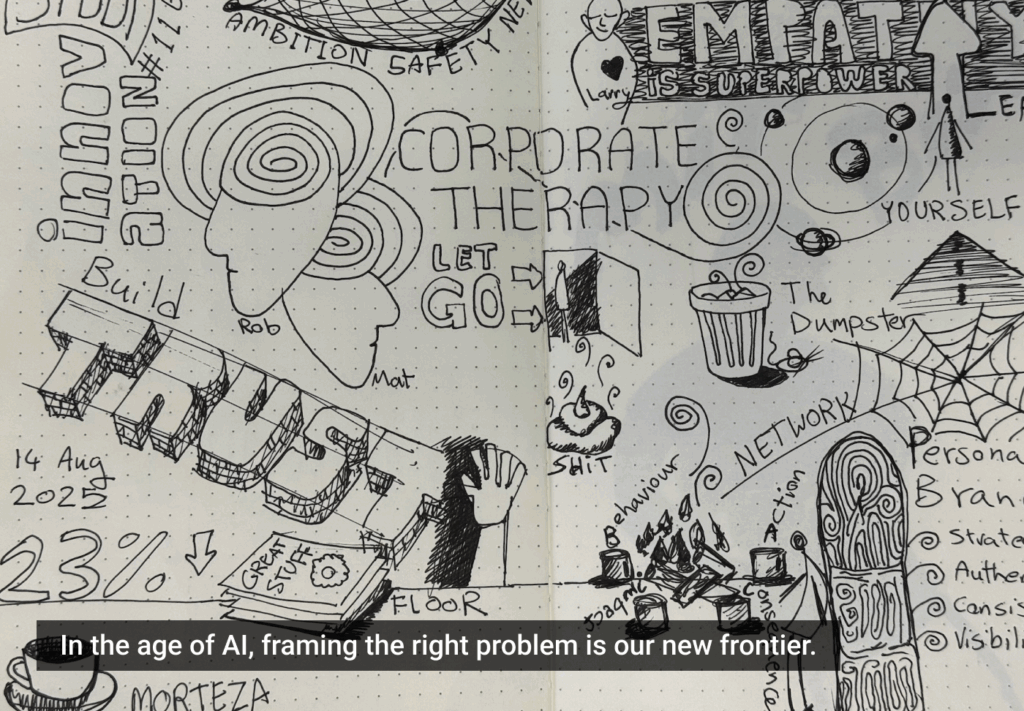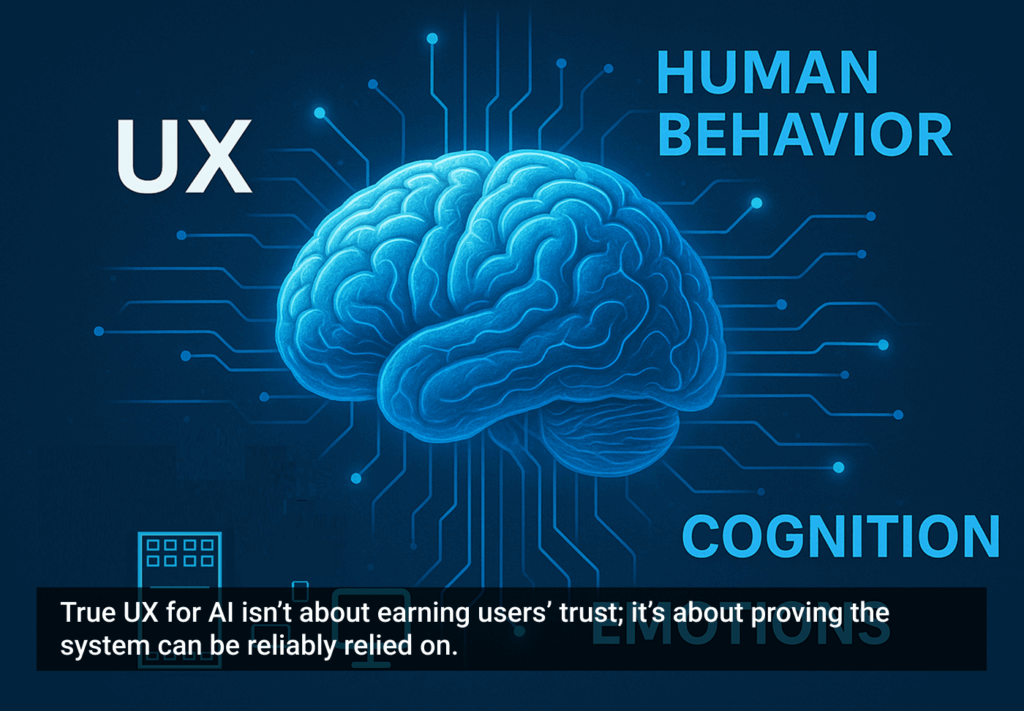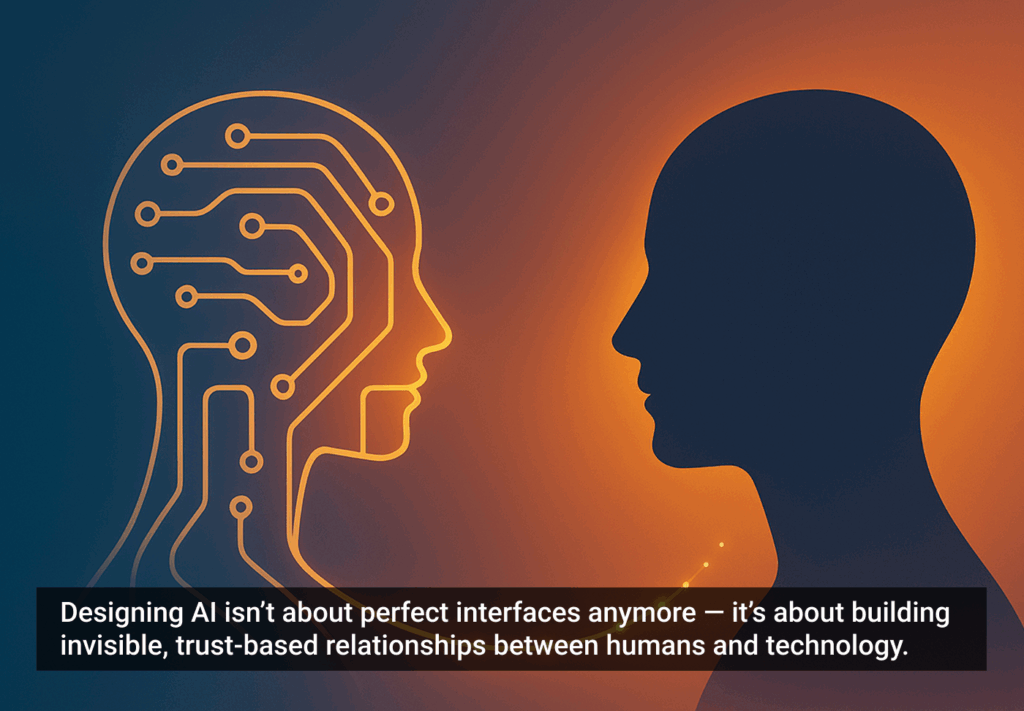- Behavioral Design, Cognition, User Experience, User Psychology, UX Design
Find out why users really abandon your product. It’s not the button color or spacing. It’s something deeper.
Article by Tushar Deshmukh
Friction Science: Why Users Drop Off
- The article explains that users don’t abandon products because of bad design, but because of psychological friction that makes them uncomfortable.
- It identifies four types of friction: cognitive, emotional, behavioral, and interaction.
- The piece emphasizes that designers must focus on cognitive pathways and mental flow, not just visual interfaces, to keep users engaged.
Share:Friction Science: Why Users Drop Off
Share this link
- February 10, 2026
5 min read






